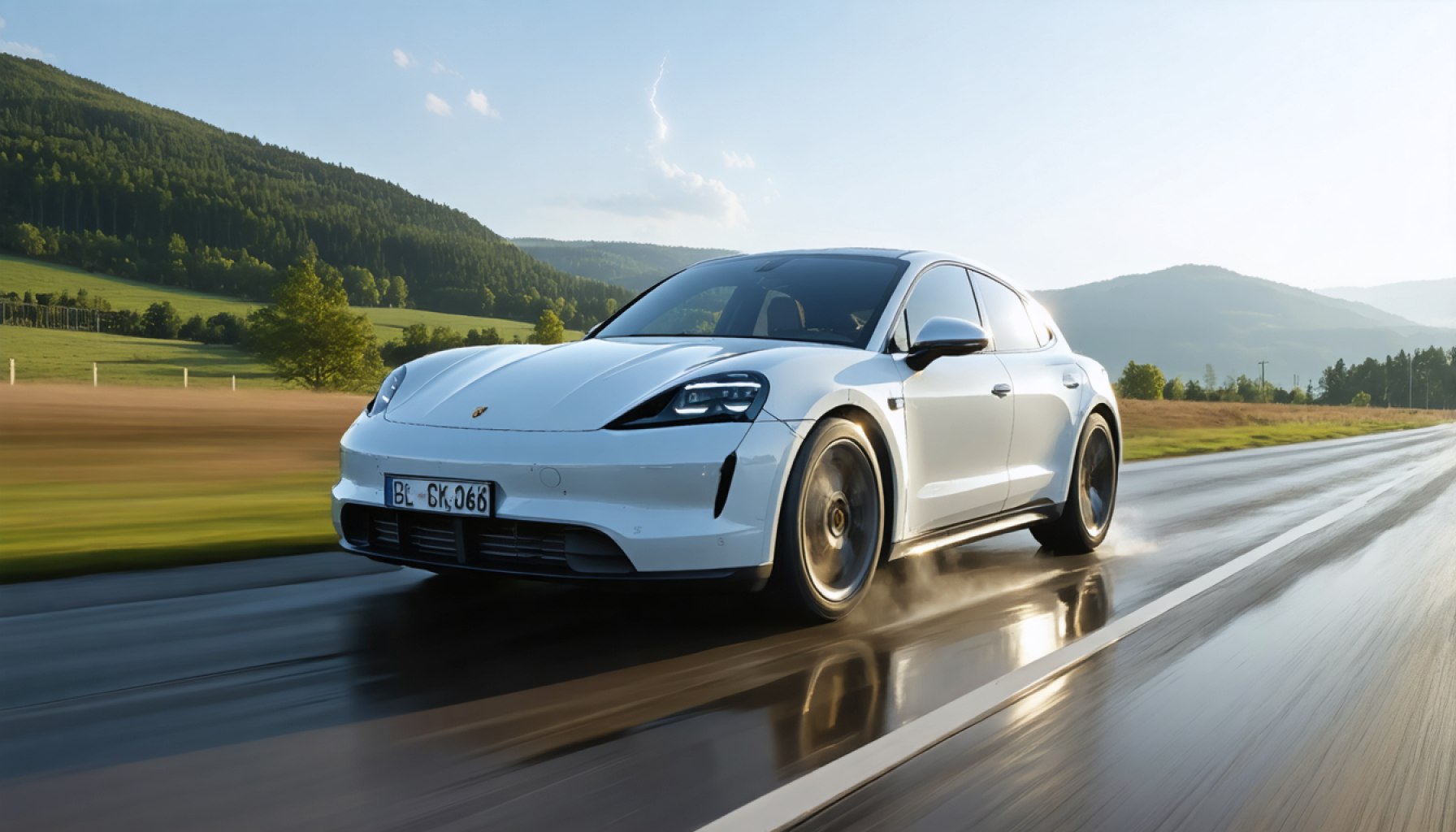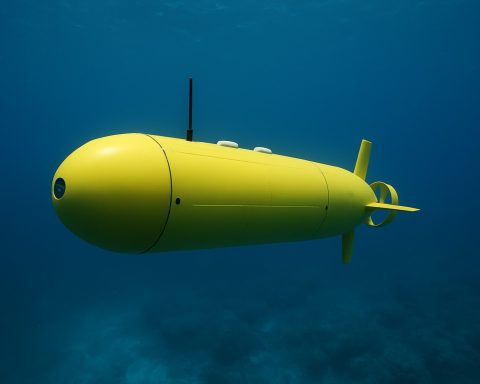- Porsche has launched a pioneering pilot project focused on recycling high-voltage batteries to tackle battery waste from electric vehicles.
- The project seeks to transform used batteries into “black mass,” a material containing essential elements like nickel, cobalt, manganese, and lithium.
- Porsche’s recycling process converts around 65 tonnes of development batteries into reusable raw materials.
- High-purity elements extracted from black mass are aimed at powering new battery cells without compromising performance or quality.
- Porsche plans to test these recycled-element-infused battery cells in future models, advancing their circular economy strategy.
- This initiative aligns with the EU’s upcoming 2031 guidelines for minimum recycled content in batteries, demonstrating Porsche’s foresight and commitment to sustainability.
- Porsche’s approach reimagines waste as an opportunity, emphasizing innovation and environmental stewardship in the automotive industry.
Electric vehicles, with their silent hum, promise a cleaner tomorrow. Yet, as automakers race to embrace this future, the question of battery waste looms large. With an innovative spirit, Porsche has stepped onto the stage with a pioneering pilot project: recycling and repurposing the high-voltage batteries that power their electric dreams.
Imagine a landscape where discarded batteries, once underappreciated detritus, transform into something more—a treasure trove of essential elements. Porsche’s approach delves into this vision. By mechanically shredding used batteries, they access the rich interior known as “black mass.” This granulate holds the precious likes of nickel, cobalt, manganese, and lithium—elements critical for crafting high-performance electric vehicles.
Already, this pilot has transformed around 65 tonnes of development batteries into raw potential. The vivid promise of “black mass” lies not just in its initial form but in the purity of elements extracted through meticulous refinement. Porsche envisions these high-purity components reinvigorating new battery cells, all while maintaining their storied performance and uncompromising quality.
This initiative crescendos with a bold step: testing new battery cells infused with recycled elements in future Porsche models. It’s not merely an experiment but a declaration, a concrete stride toward a circular economy—a foundation of Porsche’s sustainability strategy.
In this ambitious ballet of recycling, Porsche navigates the nuanced choreography of securing future resources while preparing for inevitable regulatory shifts, such as the EU’s impending 2031 guidelines for recycled content in batteries. It’s an act of foresight, weaving environmental stewardship with strategic acumen, setting Porsche apart as a vanguard of sustainable automotive production.
As the curtains rise on this electric odyssey, Porsche sends a resonant message that extends beyond engines and emissions. It’s a call to reimagine waste as opportunity, to seek innovation where others see endpoints, and to embrace a sustainable future with unapologetic zeal. In their hands, the path from waste to resource becomes not just possible but electrifyingly real.
Unlocking the Future: How Porsche’s Battery Recycling Transforms Electric Vehicle Sustainability
Electric Vehicles and Battery Recycling: A Deeper Dive
As electric vehicles (EVs) gain momentum, they promise reduced emissions and a quieter ride. Yet, the increasing demand for EVs brings to light the challenge of battery waste. Porsche is addressing this issue head-on with an innovative pilot project focused on recycling and repurposing high-voltage batteries. Let’s explore deeper into this topic and unveil insights, trends, and recommendations that could shape the sustainable future of EVs.
How Porsche’s Battery Recycling Works
Recycling Process:
1. Collection and Sorting: Used batteries from development processes are collected and sorted.
2. Mechanical Shredding: The batteries are then mechanically shredded to access the “black mass.”
3. Extraction of Elements: The black mass contains valuable elements like nickel, cobalt, manganese, and lithium, which are extracted through further refinement.
4. Creation of New Cells: These high-purity elements are then used to craft new battery cells, maintaining performance and quality.
Impact:
– To date, Porsche has processed around 65 tonnes of development batteries, showcasing the viability of large-scale recycling.
Real-World Use Cases
Eco-Friendly Manufacturing:
– Companies like Porsche are leading the way in adopting sustainable practices, turning waste into a valuable resource. This approach not only reduces waste but also lowers dependency on virgin materials.
Industry Adoption:
– Automakers globally can adopt similar practices, potentially decreasing the environmental impact and cost associated with mining and processing raw materials.
Market Forecasts & Industry Trends
Future of EV Batteries:
– With regulatory pressures such as the EU’s 2031 guidelines for recycled content, the automotive industry is moving towards more sustainable production methods.
Circular Economy:
– The shift towards a circular economy in automotive manufacturing could lead to a significant reduction in carbon footprints, increase the lifespan of materials, and lower production costs.
Controversies & Limitations
Challenges in Battery Recycling:
– The complex nature of battery recycling involves high energy consumption for processing and refining, which can offset some environmental benefits.
Material Recovery Rates:
– Recovery rates for certain elements may vary, and further technological advancements are needed to increase efficiency.
Pros & Cons Overview
Pros:
– Reduces environmental waste and resource consumption.
– Creates a sustainable supply chain for vital battery elements.
– Can lower production costs in the long term.
Cons:
– Requires significant initial investment and technological development.
– Recycling processes can be energy-intensive.
– Recovery and purity rates of elements can vary.
Insights & Predictions
Innovations in Battery Technology:
– As technology advances, batteries with higher energy densities and longer lifespans will emerge, reducing the frequency of recycling.
Sustainability as a Business Model:
– Companies with sustainable practices will likely see increased consumer support and regulatory incentives.
Actionable Recommendations for Readers
1. Support Brands with Eco-Friendly Practices: Opt for brands that emphasize sustainability and have clear strategies for recycling and repurposing.
2. Stay Informed: Keep up with automotive industry trends and innovations in EV technology.
3. Advocate for Circular Economy: Encourage policymakers and businesses to invest in sustainable practices and infrastructure.
For more information on Porsche’s sustainability strategy, visit the official Porsche website.









